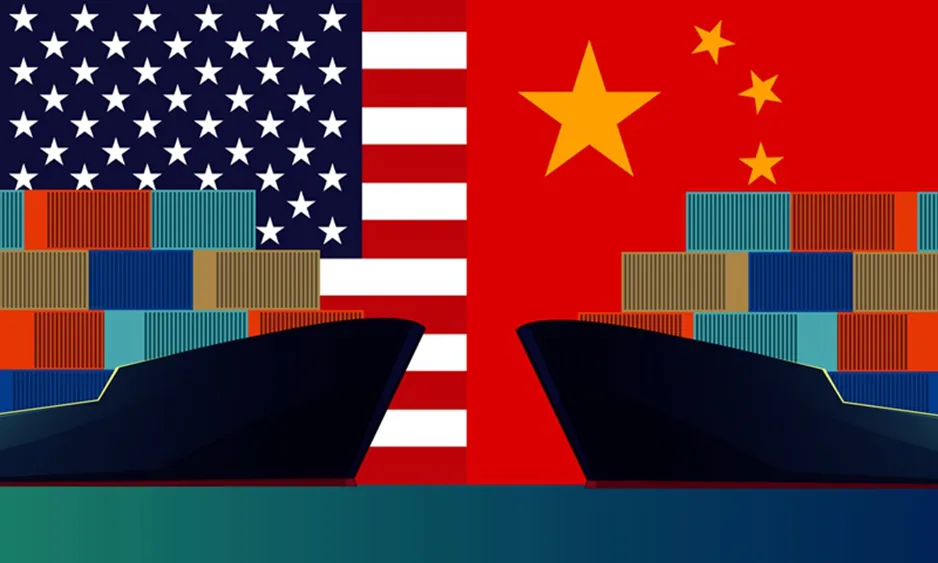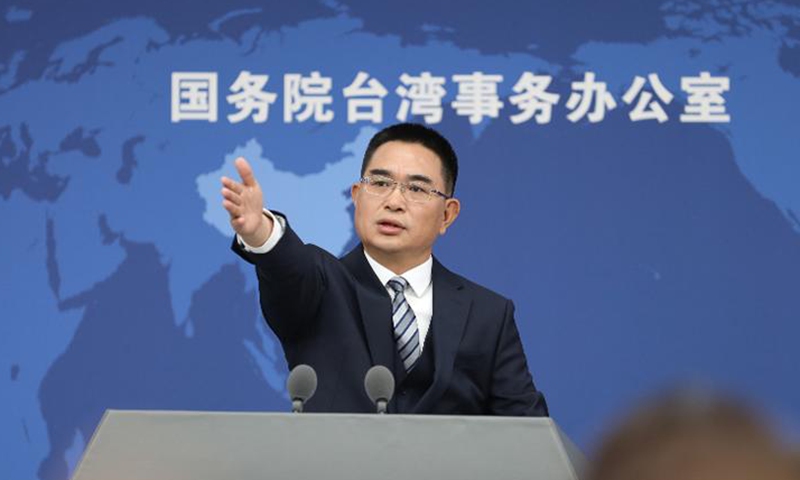US Set to Vote on Submarine Cables Amid China Concerns

The US Federal Communications Commission (FCC) is preparing to vote on proposed regulations designed to enhance the security of submarine cables, particularly in light of perceived threats from foreign adversaries, notably China. This move has sparked significant criticism as it is viewed by some experts as yet another instance of unilateral action by the US based on subjective assumptions.
Chairman Brendan Carr of the FCC stated that the infrastructure of submarine cables has faced increasing threats from foreign entities in recent years. He emphasized the need for protective measures against ownership and access by foreign adversaries, as well as cyber and physical threats.
Reports indicate that if the FCC's measures are approved, companies utilizing certain restricted Chinese technologies will not be able to obtain licenses from the FCC for the construction or operation of cables linking to the US. Additionally, these companies will be barred from leasing capacity on cables owned by other firms.
Experts argue, however, that this initiative is primarily a unilateral measure justified under the guise of national security, which they describe as unfounded speculation. Chinese researcher Zhou Mi articulated concerns that this could hinder the progress of internet development and infrastructure improvement in the US.
Zhou further noted that the technological services and solutions offered by Chinese cable companies are valuable for reducing costs and improving reliability. He warned that the US approach could detrimentally affect not only its own digital economy but also build substantial barriers to trust and cooperation between China and the US.
Moreover, Zhou cautioned that the inherently interconnected nature of the internet facilitates the free flow of information, making unilateral actions potentially damaging to the global digital economy. The implications of restricting cooperation on submarine cables could reverberate beyond bilateral relations, influencing international connectivity.
In September 2024, Lin Jian, spokesperson for China's Foreign Ministry, highlighted that the US has violated international norms and created barriers specifically targeting China in the undersea cable domain. This strategy is seen as an abuse of state power that stymies competition and innovation.
Lin emphasized the importance of undersea cables as essential infrastructure for global connectivity. He outlined that the US's politicization of these cables threatens market rules and disrupts global cybersecurity efforts, ultimately denying other nations, particularly developing ones, the opportunity to engage in the submarine cable industry.
In closing, Lin asserted that China remains committed to defending the legitimate interests of its companies and advocating for global cooperation on undersea cables based on fairness and equality. The ongoing tensions raised by US policies could have significant ramifications for international technology and relationships.
Read These Next

China's 2025 Outdoor Sports Conference Highlights Starter Economy
The 2025 China Outdoor Sports Industry Conference will be in October in Dali, focusing on innovation and cross-border integration.

Jiulian Technology's Strategic Acquisition: Risks and Opportunities
An analysis of Guangdong Jiulian Technology Co., Ltd.'s planned acquisition of Chengdu Nengtong Technology Co., Ltd., discussing strategic moves, potential risks, and market implications within a broader economic context.

Taiwan Affairs Office Says DPP Decoupling Efforts Will Fail
Taiwanese firms still see the Chinese mainland as a good investment, despite tensions, per China's Taiwan Affairs Office.
